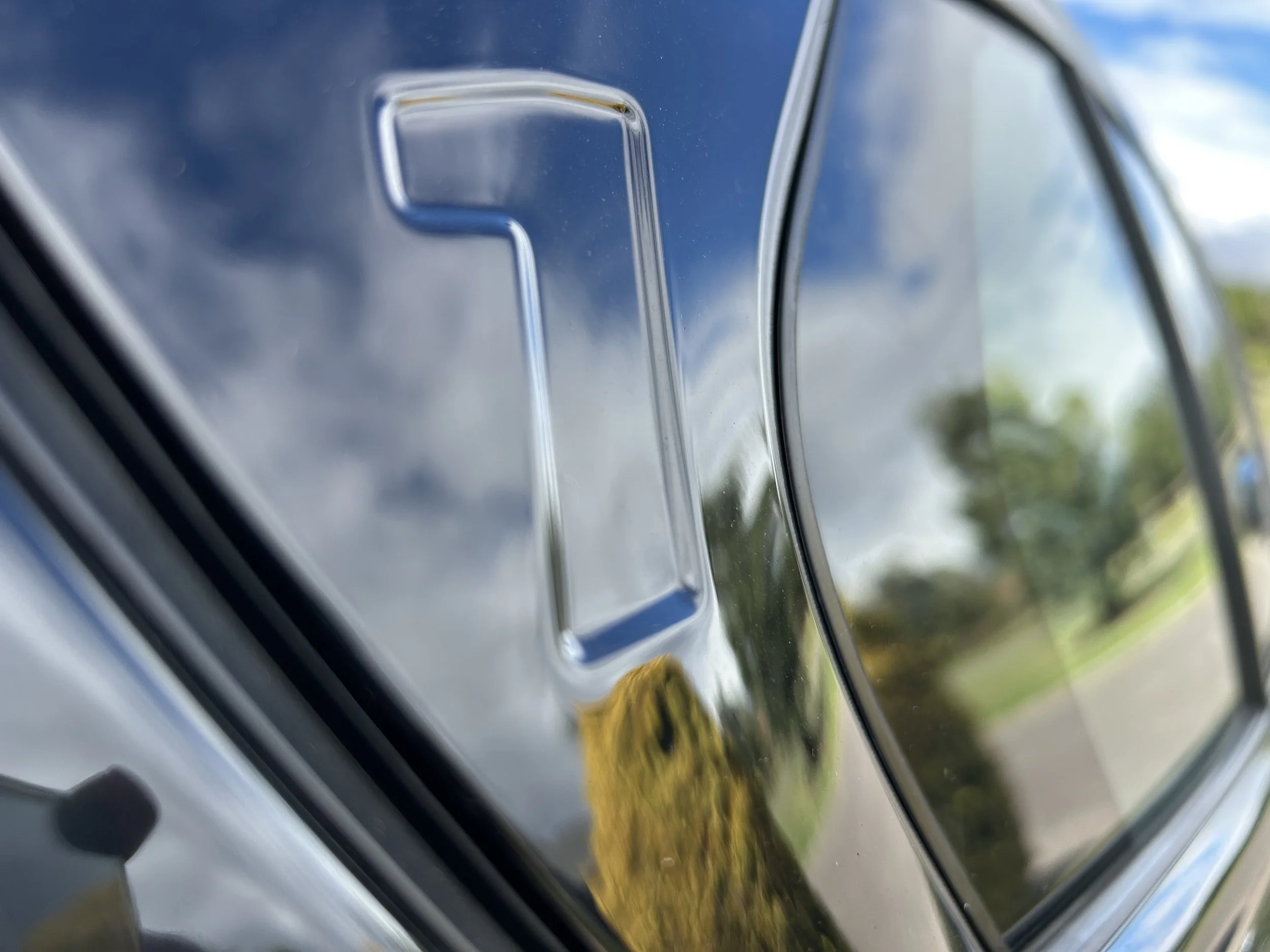Ring test for new JCW Cooper
/NZ-bound Mini flagship will contest famous 24-hour race in build-up to on-sale in electric and petrol choices.
AN incoming new generation of the ultimate performance Mini that sets out to rule in electric form is set to enter a tough endurance race - but in old-school petrol rather than future-looking battery-fed form.
The all-new John Cooper Works flagship of the Mini Cooper range is scheduled to be revealed around August.
It is a landmark model in being set to sell in full electric as an alternate to the combustion engine choice that has been availed so far and will continue on sale.
To pep up excitement a camouflaged example will be entered into the Nurburgring 24 Hours endurance race for production cars, which takes place on 1-2 June.
While electrification plays a big part in the new Cooper's powertrains, and will come to the JCW, the example being prepared for the race in Germany is a petrol variant.
It will run a turbocharged engine that sends drive to the front wheels.
The powerplant’s specification has been undisclosed but the car is entered in the SP3T category for non-production models with turbocharged engines smaller than 2.0 litres in capacity.
The car will be run by a local Nurburg-based team, Bulldog Racing, alongside a Mini from the previous generation which earned a class podium in last year's 24 Hours.
A special camouflage livery has been prepared for the new MINI JCW.
The make says the red bodywork and a white roof honours the rally-winning Mini Cooper S of the 1960s; it carries number 37 in honour of the 60th anniversary of Paddy Hopkirk's victory on the 1964 Monte Carlo Rally.
The JCW's mild racing disguise can't cover up some of the styling cues set to make their way to the production model.
There's a large air intake below the front bumper with a chequered finish for the gloss-black plastic trim, while extra air intakes on either side should provide additional cooling to the brakes. A distinctive roof spoiler over the tailgate and a centre-exit exhaust also features.
Mini has confirmed that it will make the JCW in petrol and electric formats, with both having common styling enhancements.
The combustion-engined mainstream Cooper is built in C and S specifications at Mini Plant Oxford, in the United Kingdom, and the electrics - badged Cooper E and SE - are built in China, at BMW Group’s joint venture Spotlight factory, with the help of Great Wall Motors.
These are expected to come on sale in New Zealand later this year.
The petrol JCW is coming out first, with the electric version following in 2025. The EV model is thought to use a single motor with greater reserves than the 160kW and 330Nm of the Cooper SE.
The 24-hour race is one of the most intense and gruelling endurance events on the calendar, with the narrow and undulating Nordschleife circuit delivering 170 turns in a lap that's over 25 kilometres long. A grid of more than 100 cars is competing.



















